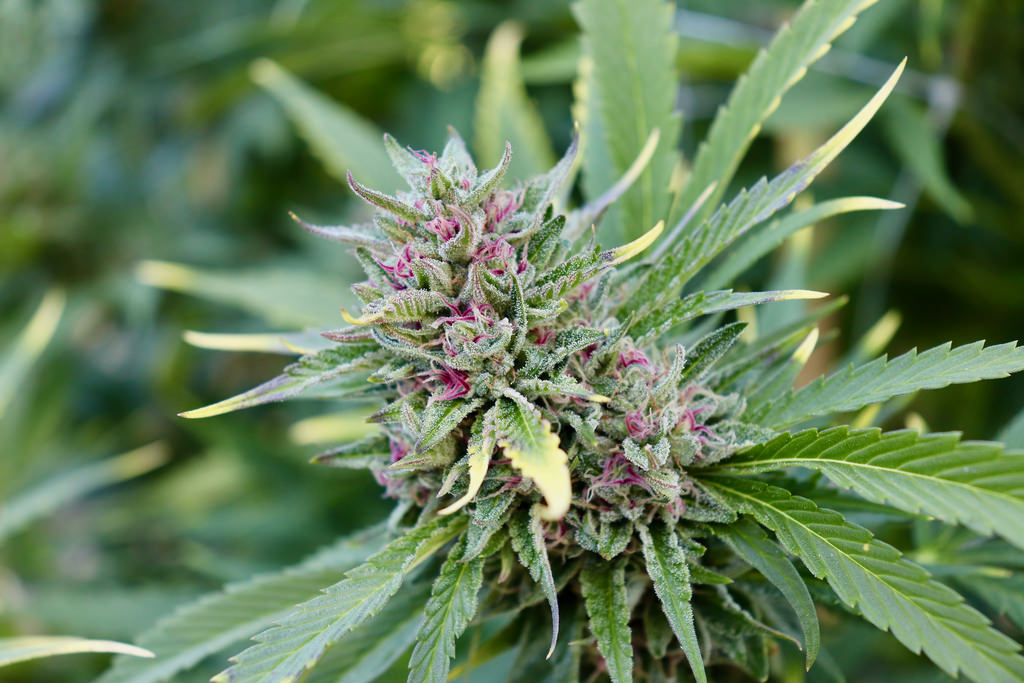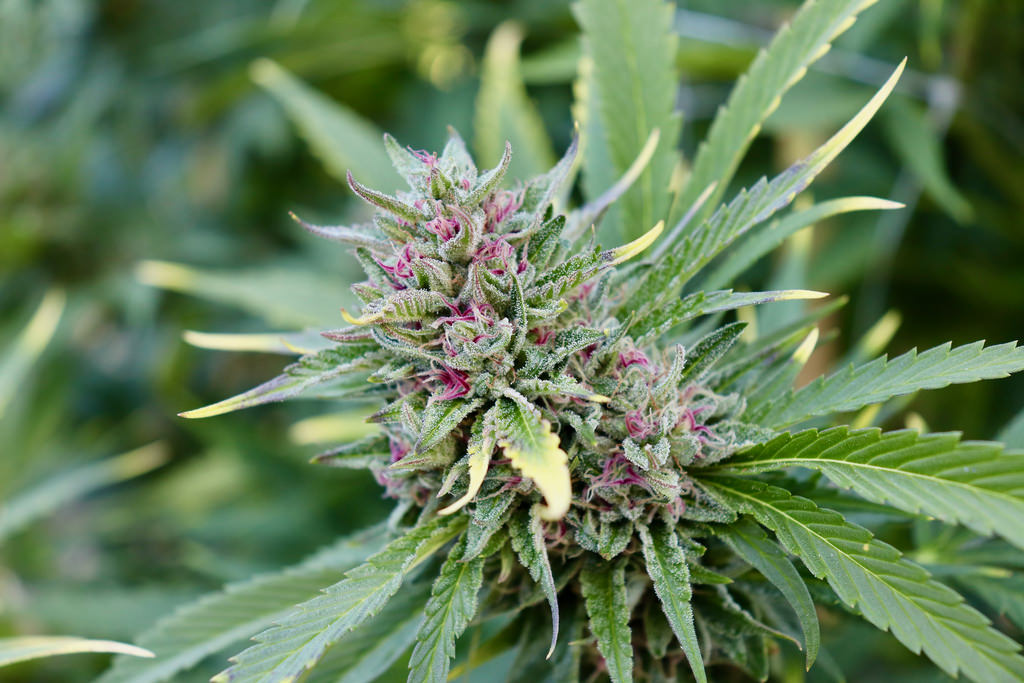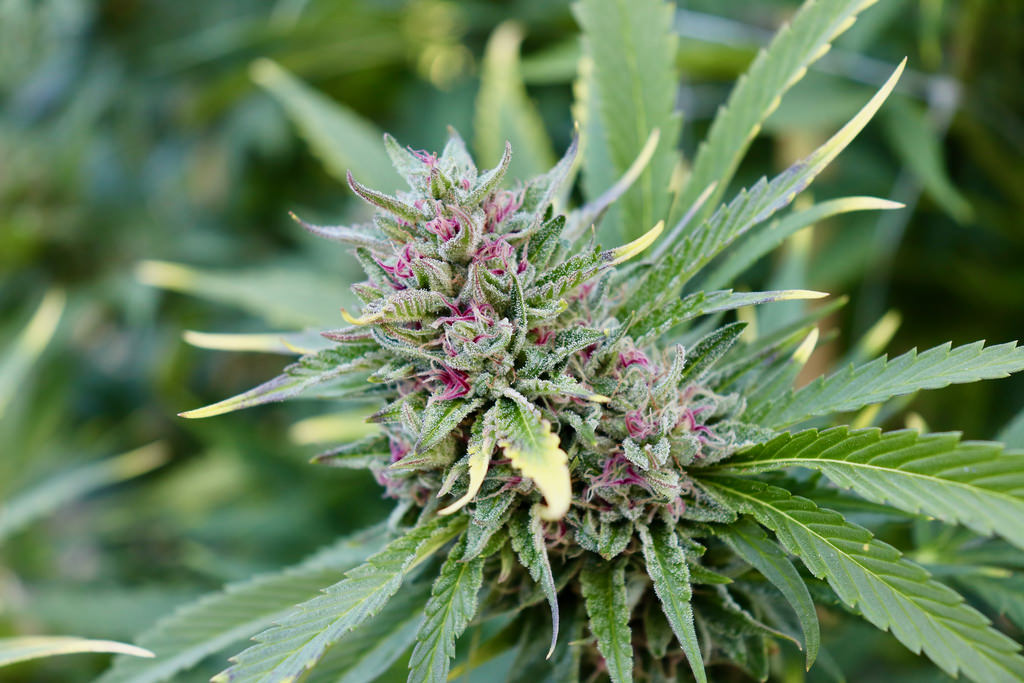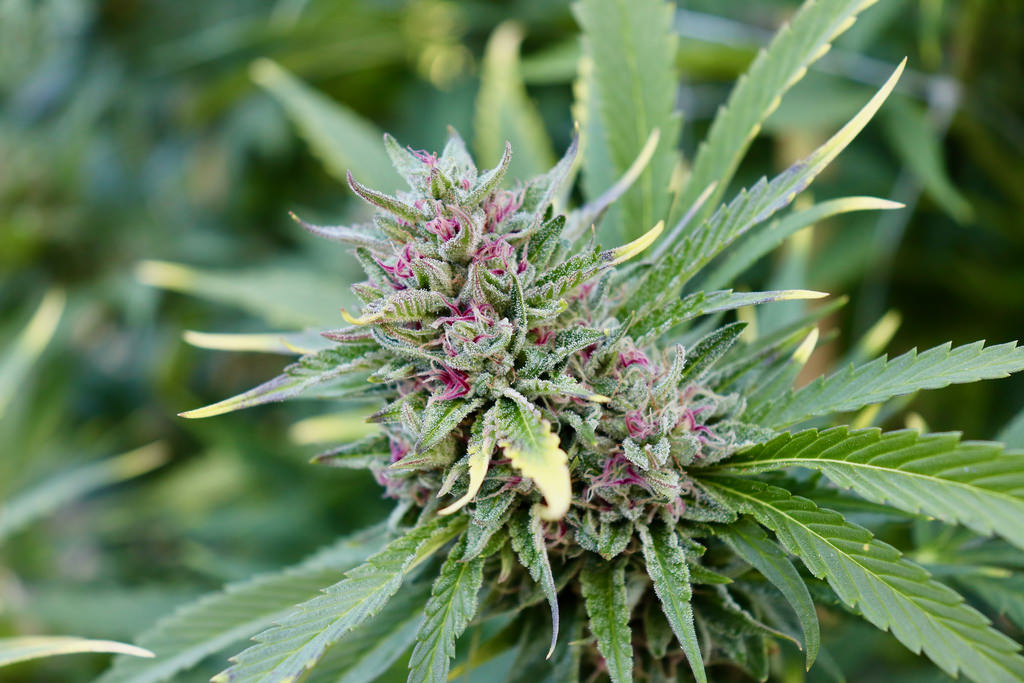WHY THE UK IS FALLING BEHIND IN CANNABIS REFORM
UK cannabis reform
—
I. INTRODUCTION
The UK currently lags behind many global peers in cannabis reform, despite shifting public opinion, mounting evidence of economic and health benefits, and progress in other jurisdictions. From rigid legal frameworks to political caution and regulatory inertia, the UK’s slow pace reflects deeper structural issues. This report examines the legal, political, social, and economic reasons why the UK trails rather than leads in cannabis reform, and explores what’s needed to catch up.
—
II. LEGAL AND REGULATORY BARRIERS
A. CAUTIOUS CLASSIFICATION SYSTEM
Cannabis remains a Class B drug under the Misuse of Drugs Act 1971, aligning it with harmful substances such as amphetamines. Reclassification to Class C from 2004 to 2009 was reversed in 2009, despite scientific criticism and advice suggesting reduced harm.
Pressure persists to reclassify it up to Class A, advocated by police commissioners worried about potent strains like “skunk” and associations with crime.
B. SLOW LICENSING AND APPROVAL PROCESSES
Cannabis industry regulation is fragmented across agencies: Home Office (cultivation), MHRA (medicines), DEFRA (industrial hemp), and FSA (CBD/novel foods). Stakeholders label these bodies as “flabby, unfocused and over‑cautious”, with approval processes dragging two years or more.
For example, the FSA novel-food process for CBD products remains stalled—only about half of 12,000+ applications validated after over two years.
C. PRIVATE-PRESCRIPTION MEDICAL CANNABIS UNEASE
Although medical cannabis became legal in 2018, NHS prescriptions are rare—fewer than five in the early years—with private clinics filling the gap. Roughly 30,000–90,000 private patients now receive prescriptions; meanwhile, over 1.8 million self-medicate illegally.
The private market has sizable hurdles: high costs, inconsistent quality, supply chain issues, and continued stigma among clinicians.
—
III. POLITICAL AND LAW-ENFORCEMENT OBSTACLES
A. NATIONAL GOVERNMENT CAUTION
Despite public support and advocacy (e.g., Mayor Sadiq Khan, Lord Falconer), national politicians—including Home Office ministers and Labour’s Keir Starmer—resist decriminalisation or legalization.
Parliament remains less supportive than the public: a YouGov survey reports only 39% of MPs support legalization versus 45% of citizens, with MPs more likely to oppose.
B. LAW-ENFORCEMENT PUSHBACK
Police chiefs argue cannabis contributes to crime, disorder, and mental health issues. They claim that liberal drug policies have normalized usage, pushing for stricter classification and enforcement.
These views reflect entrenched law-and-order politics, complicating reform even where support exists among health and justice groups.
—
IV. PUBLIC SENTIMENT AND SOCIAL JUSTICE
A. INCREASING PUBLIC SUPPORT
Public acceptance has grown rapidly: around 55% support adult-use legalization, with even higher support for decriminalisation and medical access.
Younger age groups (18–24) show the strongest backing—47% favor legalization—indicating generational change that politics may eventually follow.
B. HEALTH CONCERNS AND STIGMA
Main reform hurdles include concerns over the potency of modern cannabis and mental health outcomes. Studies show daily users of high‑THC “skunk” face 3–5× higher psychosis risk.
Medical stigma persists among clinicians. Only about 150 doctors are open to prescribing medical cannabis, hindered by “pharma‑first” mindsets and fear of reputational impact.
C. RACIAL DISPARITIES AND SOCIAL EQUITY
Cannabis enforcement disproportionately affects Black and minority communities. Cannabis accounts for a third of stop-and-search, with Black individuals up to nine times more likely to be targeted.
Advocates urge inclusion of social equity licensing, expungement of records, and policies ensuring those hurt by prohibition benefit from reform.
—
V. ECONOMICALLY MISSED OPPORTUNITIES
A. PUBLIC REVENUES & JOB CREATION
New modelling by Transform estimates a legal adult-use market could deliver:
**£1.0 billion** in tax annually
At least £300 million in criminal justice savings
Over 15,000 new jobs
Private medical cannabis also contributes: current patient base and supply could spur upstream investment in domestic cultivation, R&D, and exports—especially as imports from Spain doubled to 15 tonnes in 2024.
B. REGULATORY STIFLE ON INNOVATION
Slow timelines and red tape discourage investment. UK firms say regulators are overly risk-averse, impeding access, CBD innovation, and medical cannabis trials.
AS a result, industries and patients look abroad—to Germany, Canada, and Australia—for opportunities that the UK currently cannot match.
—
VI. INTERNATIONAL COMPARISONS
A. EUROPEAN AND NORTH AMERICAN PROGRESS
Countries like Germany (personal-use legalisation), Canada, Uruguay, Portugal, Netherlands, Italy, and Spain have moved ahead with medical and/or recreational regulatory models.
In Australia, over 1 million medical cannabis patients exist—far more than the UK—thanks to GP prescribing and reimbursement systems.
In contrast, the UK’s approach remains timid, hampered by caution and absence of political priority.
—
VII. CLINICAL RESEARCH AND INFRASTRUCTURE
A. LACK OF NHS BACKING AND CLINICAL TRIALS
Although legal for medical prescriptions, cannabis lacks robust NHS engagement. Since 2018, NHS prescribing remains minimal.
Government-commissioned clinical trials and patient registries have been under-resourced, slow to recruit, and nearly empty, reducing the UK’s capacity to establish evidence-based guidelines.
B. CULTURAL BARRIERS AMONG CLINICIANS
Many doctors fear reputational fallout and professional stigma if they prescribe cannabis, due to pharmaceutical culture and lingering alternative-medicine bias.
Without mainstream clinical adoption, the UK cannot justify expanded access or inclusion of cannabis in health systems.
—
VIII. MOVING FORWARD: RECOMMENDATIONS
A. STREAMLINE REGULATION AND LICENSING
Centralise cannabis oversight to reduce fragmentation and delays.
Enforce statutory timeframes for approvals (e.g., six months).
Align CBD, hemp, and medicine frameworks.
B. MEDICAL ACCESS REFORM
Allow GPs to initiate prescriptions, as in Australia.
Reimburse private prescriptions via NHS.
Fund clinical trials and launch active registries.
C. DECRIMINALISATION AND SOCIAL JUSTICE
Remove low-level possession from criminal code.
Expunge prior convictions, and implement social equity licensing.
End discriminatory stop-and-search criteria.
D. PUBLIC EDUCATION AND SAFETY
Fund THC-labelling, dosing standards, and mental-health resources.
Educate clinicians through accredited programs and destigmatisation efforts.
E. ECONOMIC DEVELOPMENT
Use revenues to boost social programs, research, and community wealth.
Encourage domestic cultivation, biotech, and export partnerships.
Attract investment by clarifying regulation.
—
IX. CONCLUSION
The UK’s slowness on cannabis reform reflects institutional caution, law enforcement concerns, political resistance, and fragmented regulation. Meanwhile, public support, international success stories, economic potential, and health needs signal urgent misalignment.





